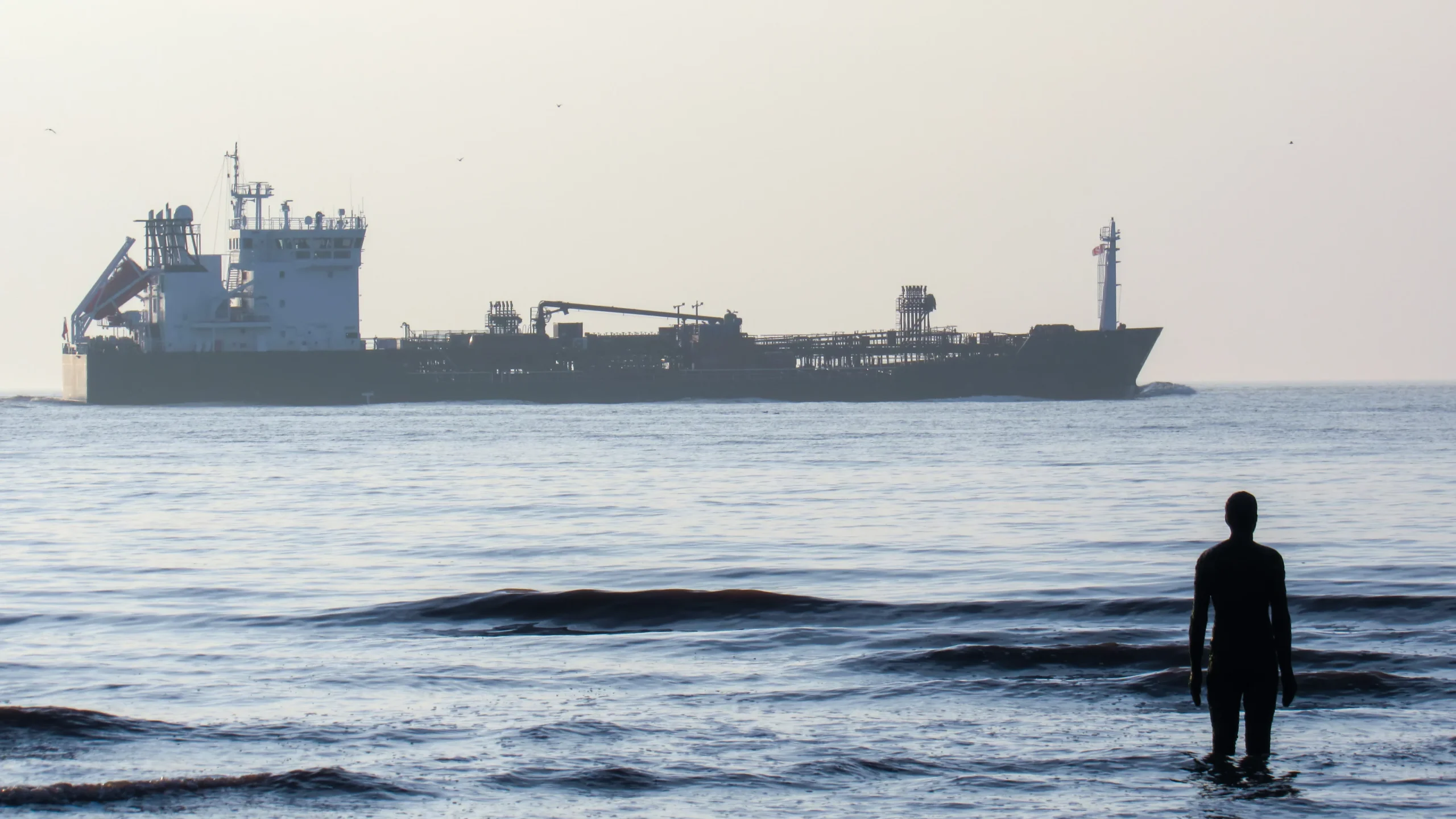The United Arab Emirates has long stood as a global maritime gateway, bridging East and West through its strategic location and state-of-the-art port infrastructure. From bustling commercial harbors to luxury marinas, the UAE’s maritime sector has grown into a vital economic engine, supporting international trade, tourism, and logistics. With a coastline that stretches across the Arabian Gulf and the Gulf of Oman, the country has made significant investments in port development, marine services, and technological innovation to keep pace with global demand.
A Historical Bond with the Sea
The UAE’s relationship with the sea dates back centuries. Before the oil era, fishing and pearl diving were the main sources of livelihood for many coastal communities. Over the years, this connection evolved into a sophisticated maritime industry, positioning the UAE as a key regional hub. Today, ports like Jebel Ali, Khalifa Port, and Port Rashid are some of the busiest and most advanced in the world, handling millions of containers and bulk goods every year.
These facilities not only serve the commercial shipping sector but also support offshore oil and gas activities, cruise tourism, naval operations, and private yachting.
The Expanding Marine Ecosystem
As demand for maritime services increases, so does the need for dependable and efficient support systems. The UAE’s ports are no longer just loading and unloading zones — they are smart, multi-functional hubs that incorporate logistics, customs clearance, storage, and value-added services.
Companies specializing in berthing, tug services, pilotage, customs documentation, and cargo handling play a critical role in ensuring smooth maritime operations. Some of the leading maritime port services in UAE offer full-scale solutions that help reduce downtime and improve vessel turnaround efficiency. These companies are instrumental in supporting global supply chains and enabling seamless vessel movements across the UAE’s territorial waters.
In parallel, the country’s maritime authorities are working closely with private entities to ensure compliance with international regulations and safety standards. Digital systems for tracking cargo, scheduling port calls, and managing inspections are now part of the industry norm.
Rise of the Leisure Marine Sector
While the UAE has firmly established itself as a commercial maritime powerhouse, its reputation as a luxury marine tourism destination is also on the rise. The growth of waterfront developments, private islands, and mega-yacht marinas reflects a broader strategy to attract high-net-worth individuals and marine enthusiasts from around the world.
Abu Dhabi’s Yas Marina, Dubai Harbour, and Al Zorah Marina in Ajman are just a few examples of how the UAE is reimagining its coastline. These destinations offer not just berthing facilities, but also lifestyle amenities, retail outlets, and fine dining — catering to the luxury lifestyle associated with yachting.
The Role of Yacht Chandlery and Marine Supplies
Yachting in the UAE is not only about glamour — it’s also about performance, maintenance, and preparedness. Every successful voyage depends on the availability of high-quality equipment, spare parts, safety gear, and onboard necessities. This is where yacht chandlery providers come in.
From ropes and sails to electronics and cleaning products, yacht chandlers are the unsung heroes who ensure vessels remain operational, safe, and comfortable. The UAE is home to several reputable yacht chandlery service providers in UAE that cater to both private yacht owners and charter fleets. These businesses offer customized solutions and quick delivery, supporting everything from engine parts to luxury interiors — all under tight schedules.
Sustainability in Maritime Operations
As the global marine industry shifts toward more sustainable practices, the UAE is leading by example. Green initiatives such as the introduction of shore-to-ship power, eco-friendly hull cleaning, and cleaner fuels are gradually taking hold. Maritime authorities are encouraging ports and service providers to align with environmental standards and reduce carbon emissions.
Recycling programs, energy-efficient port operations, and hybrid propulsion systems for vessels are some of the steps being adopted. With COP28 held recently in the UAE, there is even greater momentum toward integrating sustainability into every level of maritime logistics and tourism.
Investing in Human Capital
A vital part of the UAE’s maritime success is its skilled workforce. From port managers and logistics coordinators to marine engineers and naval architects, the human element is central to keeping the industry running. Training institutions and maritime academies across the country are preparing the next generation of seafarers and marine professionals through rigorous programs and international certifications.
In addition to technical expertise, the UAE’s maritime workforce benefits from cultural diversity, global exposure, and strong public-private collaboration. This ensures high service standards and adaptability in a rapidly changing global environment.
Final Thoughts
The maritime sector in the UAE is more than just an economic pillar — it is a symbol of the nation’s vision, resilience, and forward-thinking strategy. Whether you’re a global shipping firm, a yacht owner, or a marine services provider, the UAE offers the infrastructure, support, and innovation needed to thrive.
From modern ports and luxury marinas to skilled professionals and green initiatives, the future of maritime services in the UAE is brighter than ever. With both commercial and leisure segments growing in tandem, the waters around the Emirates continue to offer vast opportunities — for business, exploration, and sustainable growth.
